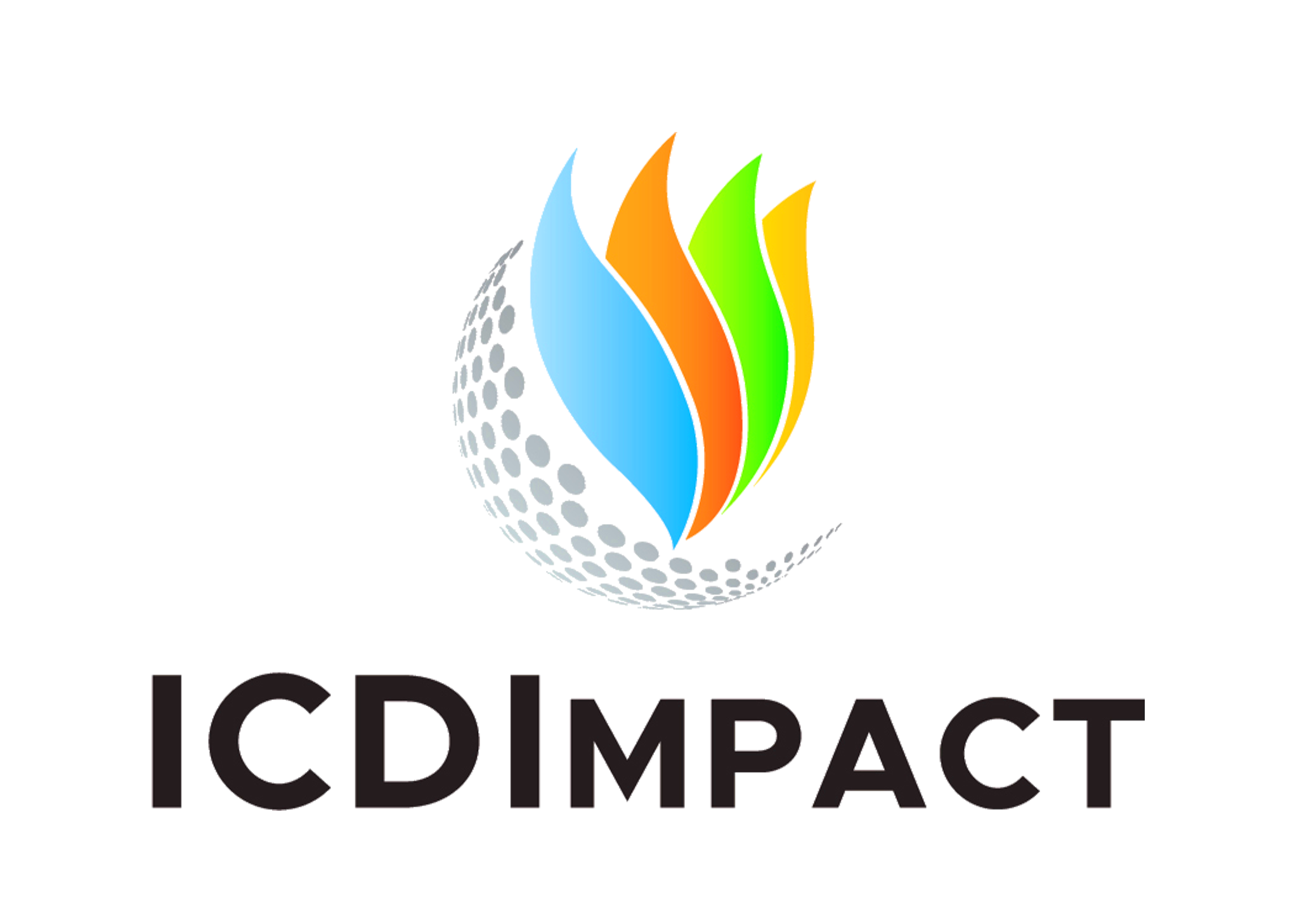EIC Project in Sierra Leone
Ethanol Impact Consortium (EIC) conducted a Diagnostic study at Sierra Leone to understand the need towards the Ethanol Clean Cooking in the country at large and initiate a baseline. Over the years, many donor interventions have been conducted by development agencies, both local and international through programs and research on energy use for electricity and industrial use, little or no attention was given to energy for cooking. The Government of Sierra Leone under the Ministry of Energy on a yearly basis will presents a budget for electrification and electricity supply and distribution to Parliament but they do not present any budget line for energy for cooking.
This has resulted in the cooking energy sector being very dormant and less or nothing much has been done to meet SDG7 which is affordable and clean energy not only for electrification but also for cooking. The demand for cooking fuel and devices is not only for big urban Districts but also for small rural towns and villages. The cooking energy landscape in Sierra Leone has always been dominated by women, they are the key crusaders and their empowerment is most essential to build discipline in the household. This is evident in the study as 88% of the respondents are women. The cooking pattern in Sierra Leone is the traditional way in which people cook on a daily basis as evident in the study as 94% of our respondents are doing it on a daily basis.
The objectives of the study have centered around the cooking energy landscape mapping out cooking devices and technology solutions and also assessing the market potential of bioethanol as an alternative cooking fuel source in Sierra Leone.
The purpose of the study is to establish baseline indicators of the cooking sector, raise the conceptual understanding of the cooking sector among stakeholders, attract strategic private and public investments, and guide the process of policy formulation. The household survey, which is the main component of this study, covered 200 household in three (3) Districts in the province i.e. Kenema, Bo, and Makeni District in June 2023.
The assessment was done in these locations based on the fact that these are highly populated Districts (Kenema, Bo, Makeni, and Freetown) where you can easily find all the different cooking devices and cooking fuel being used to understand the rate of cooking fuel consumption, cooking devices and wiliness to try new technology solutions.
In this study, assessing access, willingness, acceptance, and affordability of new technology solutions, and user friendly for adaptation is found, 198 of the respondents interviewed representing 99%, said that they are willing to use new technology solutions if the above conditions are available.
Following are need for Sierra Leone:
- Design and implement an Ethanol Clean cooking Country program for Sierra Leone.
- Stakeholders needed are the Agencies like ECREEE, Government, Private sector, Development Bank like African Development Bank and others), Donors, Development agencies like The World Bank, GIZ, UN, others and Institutions.
- Creation of a robust mechanism for Result based funding the program, carbon reduction, financial inclusion with savings facility, enterprise and economic development.
Sierra Leon Country Program On Clean Cooking
The Presidential Initiative on Climate Change, Renewable Energy and Food Security (PI-CREF), Office of the President of the Republic of Sierra Leone as lead, UNIDO and the Council on Ethanol Clean Cooking (CECC), and Ethanol Impact Consortium (EIC) as knowledge partners are pleased in announcing country program development in Sierra Leone, Africa on ethanol clean cooking.
Towards the end of 2023, EIC funded a diagnostic study that has led to the development of this program at national scale. We are organizing a workshop in presential mode at Sierra Leone, Africa and also on virtual mode to connect from other countries in the month of 22 October 2024.
The objective is to disseminate the findings of the study and consultation with the key stakeholders in designing the country program for Sierra Leone. Following there will be another workshop in early 2025 with the donors. Next phase will be formulation of the country program, fund raising and private sector partnerships for the country program for implementation in the country.
